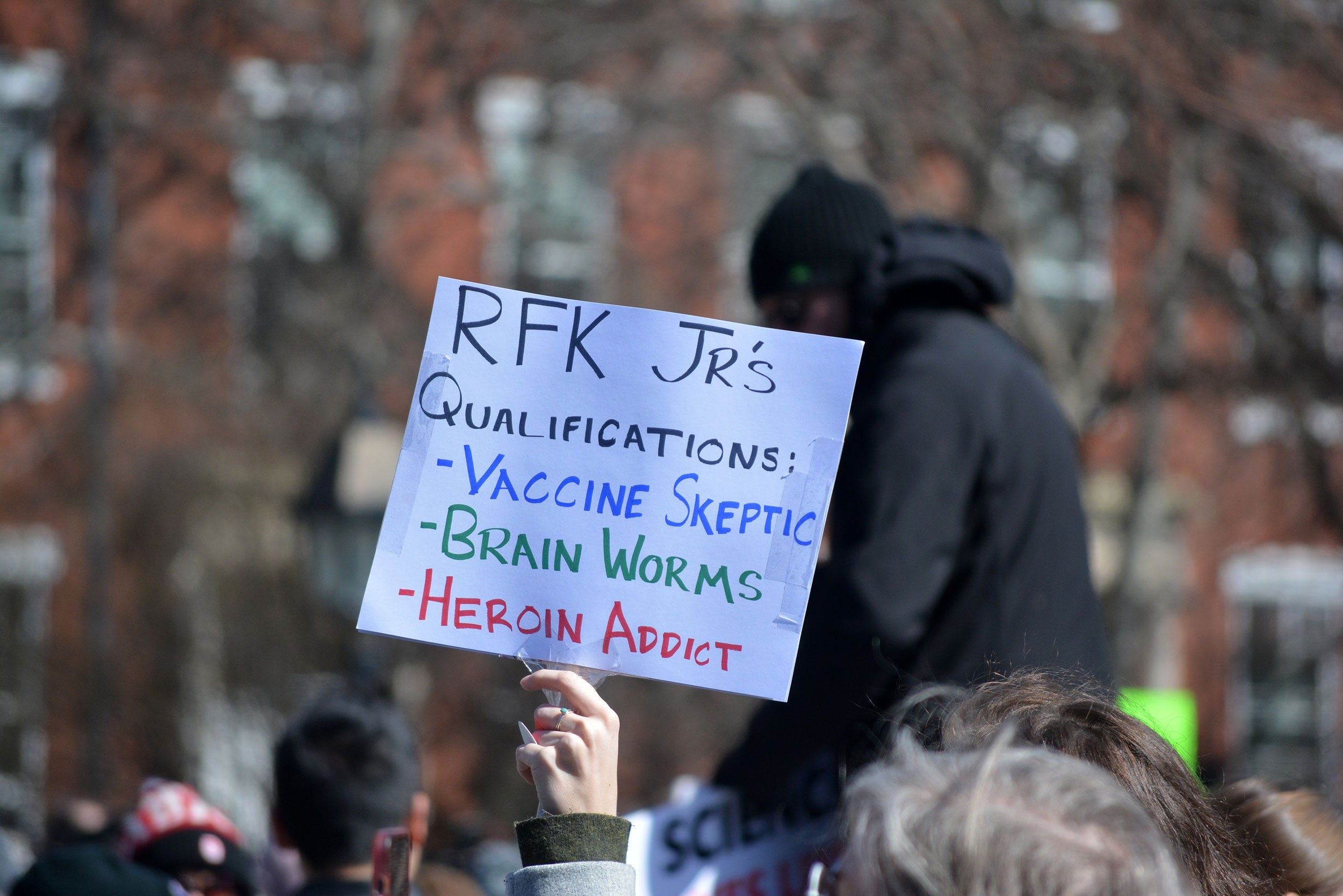Nonprofit news outlet NOTUS revealed in an article on Thursday that The MAHA Report released last week includes several phony citations and appears to have been influenced by the writing of a generated AI platform like ChatGPT.
The report from Robert F. Kennedy’s MAHA Commission was highly critical of agricultural pesticides and leaned into the belief that these products contribute to a host of chronic childhood diseases. Ag stakeholders overwhelmingly pushed back against the findings and highlighted the sustainability impacts — both financial and environmental — of restricting the use of scientifically tested pesticides.
The report also addressed other areas of chronic illness in America’s youth, something that Kennedy has said is a longtime mission of his (he was a major player, for example, at the anti-vaccine Children’s Health Defense organization).
However, the reporting from NOTUS cast an embarrassing cloud over Kennedy and his MAHA report, which was subtitled, Making Our Children Healthy Again. NOTUS said that, after talking to the authors listed in the studies the report cited, it found at least seven references that appear to be entirely fabricated to fit Kennedy’s agenda.
In one case, epidemiologist Katherine Keyes is listed in The MAHA Report as the first author of a study on anxiety in adolescents. While she does study mental health and substance use in teens, she said she didn’t write the paper listed. And she wasn’t even aware that she was referenced in the report.
“The paper cited is not a real paper that I or my colleagues were involved with,” Keyes told NOTUS via email. “We’ve certainly done research on this topic, but did not publish a paper in JAMA Pediatrics on this topic with that co-author group, or with that title.”
The citation refers to a study titled, Changes in mental health and substance abuse among US adolescents during the COVID-19 pandemic, along with a nonfunctional link to the study’s digital object identifier. While the citation claims that the study appeared in the 12th issue of the 176th edition of the journal JAMA Pediatrics, that issue didn’t include a study with that title.
And it doesn’t seem to be a simple case of the wrong journal accidentally being listed — that study doesn’t actually appear to exist anywhere and is now believed to have been entirely made up.

NOTUS goes down a list of other citations that it couldn’t track down either. Couple that with The MAHA Report’s reliance on many outdated or tangential studies — like, on page 38, where it cites a 1982 study on insecticide residues in breast milk, despite the fact that most of the chemicals referenced have been banned or strictly regulated in the more than four decades since — there have been significant questions about the credibility and the processes used in creating the 68-page document.
Another study author, Mariana Figueiro, a professor at Icahn School of Medicine at Mount Sinai, said that, aside from The MAHA Report getting citations wrong, it also misrepresented the findings of research she actually has conducted.
In response, White House Press Secretary Karoline Leavitt said that the the Trump administration has “complete confidence” in Kennedy, while characterizing the problems as “formatting issues.”
“But it does not negate the substance of the report,” she said.
Among that “substance” is repeated suggestions that trace exposures to agricultural chemicals (like glyphosate and atrazine) are a driving factor behind rising childhood chronic disease rates, yet it leans on correlative data and decades-old findings while largely ignoring the extensive, ongoing evaluations conducted by the U.S. Environmental Protection Agency and other public health authorities. To point, nearly all scientific bodies and associated research have affirmed the safety of glyphosate.
Some experts have said that they believe that the citation issues in The MAHA Report were partly caused by relying on generated AI to compile portions of the document, something that Leavitt declined to comment on.
Although it’s difficult to determine whether scientific articles are generated or “touched up” by AI, there are telling signs, Yuan Luo, professor and chief AI officer at Northwestern University’s clinical and translational sciences institute, told USA Today.
Some of those signs may include citation gaps, factual inconsistencies, and irrelevant conclusions derived from random research.
Ivan Oransky, co-founder of Retraction Watch, a site that tracks retractions in scientific journals and research, also said The MAHA Report seemed to share characteristics similar to other AI-generated work.
AI papers “tend to hallucinate references,” he said. “They come up with references that share a lot of words and authors and even journals, journal names, but they’re not real.”
HHS spokesman Andrew Nixon said late Thursday that the report has been updated to correct “minor citation and formatting errors.”


